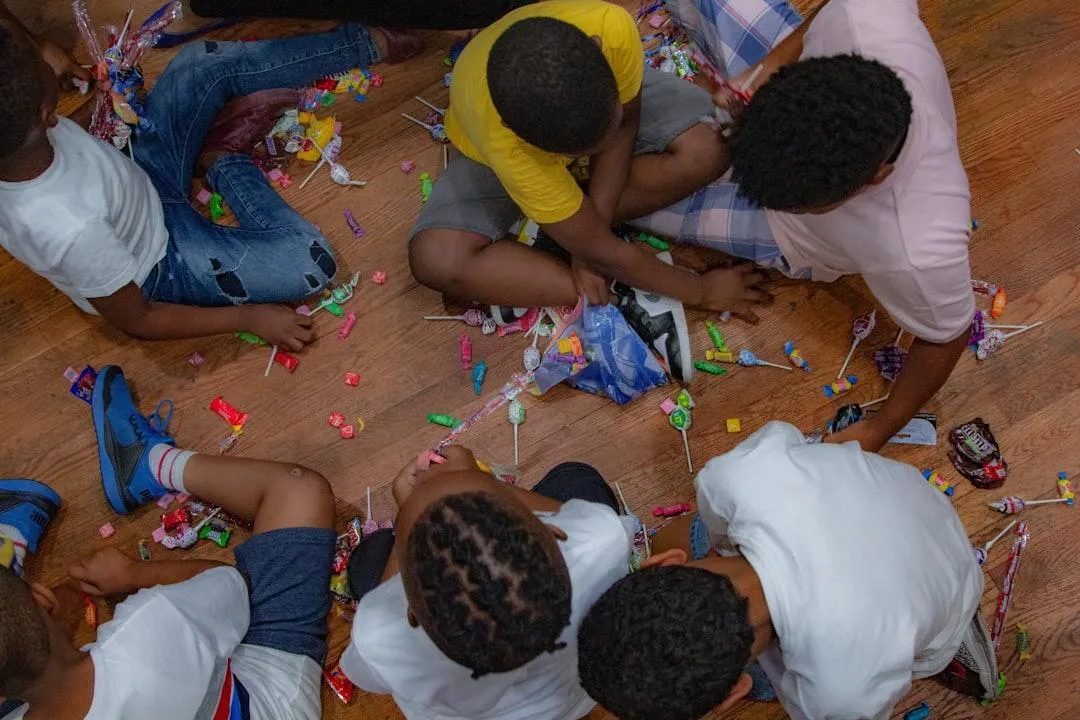This site is under construction and Building More Amazing things To COme.
Thank you for checking out my website. Some information about my services has changed. Primarily, if you are interested in psychotherapy services, I am no longer contracting with insurance companies. All services I provide to you need to be paid for by you at the time you receive the service. I can provide paperwork if you have out-of-network benefits so you can submit to your insurance company for reimbursement.
Also, I am providing online services only at this time. If you have any questions about my services, please feel free to fill out the “Contact Me” Form and I will respond back within a couple of business days.
There will be additional information about changes in my professional focus and services I provide forthcoming.
I hope you will check back to learn more later!"
Find Your Path to wholeness
Compassionate therapy and spiritual guidance for individuals, couples, families & professionals seeking authentic growth and healing.

About Cindy
Are you ready to step into your most authentic self?
I'm Cindy Knapp, MS, LMFT, and I believe healing happens when we honor the whole person—mind, body, and spirit.
For over forty years, I've walked alongside individuals, couples, families, and young people as they navigate life's challenges and discover their inner strength. Whether you're struggling with anxiety, working through relationship difficulties, supporting a child's emotional growth, or seeking deeper meaning in your life, you don't have to face it alone.
My practice integrates evidence-based therapeutic approaches with holistic wellness principles, creating space for both psychological healing and spiritual growth.
I also provide mentoring for fellow professionals and consultation services to help you connect with the resources you need.
Your journey toward wholeness starts with a single step.
Let's take it together!

Individual, Couple & Family Therapy
Holistic & Spiritual Wellness Approaches
Licensed Marriage & Family Therapist (LMFT)
Child & Youth Counseling (Infants to Young Adults)
Online Therapy Provided to Any Oregon Resident
Business Consulting & Conflict Resolution
Counseling and therapy services:
Individuals

Couples

Families

Children

Professionals

Organizations & TEAMs

Need to Contact Cindy?
Fill out the form below
Your Privacy Matters to Us
We take every reasonable precaution to keep the information you share with us private and secure. Please know, however, that messages sent through this contact form, by regular email, or by text may not be fully HIPAA-compliant or completely secure. We encourage you to share only general information here and wait to discuss sensitive personal details once we can connect through a secure or private channel.
Copyrights 2026 | Cindy M. Knapp, MS, LMFT™ | Terms & Conditions
